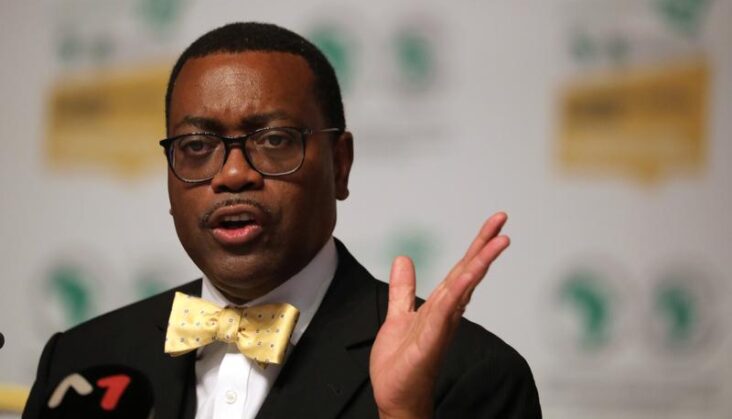Akinwumi Adesina, president of African Development Bank Group has said the size of the electric vehicles value chain is estimated to increase from the current $7 trillion to $57 trillion by 2050 and that future depends on Africa.
Adesina made the submission at the Africa Investment Forum 2023 Wednesday at the Palace Congress, Marrakech, Morocco. He noted that this is because Africa accounts for the largest source of green metals for the development of electric vehicles, including platinum (70%), cobalt (52%), manganese (46%), bauxite (25%), and graphite (21%).
“Africa has the largest sources of renewable energy sources in the world, including hydro and solar. And right here in Morocco, you have the Noor Ouarzazate, the largest concentrated solar zone in the world,” Adesina said.
The electric vehicle land grab is reshaping economies and challenging political allegiances around the world.
The historic transition from the century-long era of the internal combustion engine to the electric vehicle age is creating flashpoints in surprising corners of the world economy.
Adesina cited an assessment by Bloomberg NEF which shows that the cost of manufacturing of lithium-ion precursor batteries in Africa is 3 times less than in the U.S., China, and Poland.
“The African Development Bank and partners are developing the $20 billion Desert-to-Power project across 11 countries that share the Sahel zone, which when completed will be the largest solar zone in the world,” Adesina said.
He said in the midst of the challenges, Africa is growing well and showing resilience. “African economies witnessed a real GDP growth of 3.8 percent in 2022, higher than the world average of 3.5 percent.
“Five of the six pre-pandemic top-performing African countries are projected to be back in the league of the world’s 10 fastest-growing economies for 2023–2024. African economies provide some of the best investment opportunities in the world.”
Mohammed VI, king of Morroco said that given the unprecedented situation and the scale of development financing needs in Africa, the role of the private sector has been gaining greater importance in achieving African countries’ development objectives.
“State budgets alone cannot cover all the investment needed, especially in high-potential, job-intensive sectors,” he said, adding that considering the great many investment opportunities it offers private operators, Africa needs, now more than ever, bold, innovative initiatives to encourage private entrepreneurship and unleash the full potential of our continent.”
The king of Morroco said that is why initiatives such as the African Investment Forum, which is sponsored by the African Development Bank, are commendable because they help direct private investment towards the most promising economic sectors, thus reinforcing the integration of African economies into global value chains.



